Have you ever imagined sharing your golden years with a loyal, furry friend by your side? It sounds magical—endless walks, cozy snuggles, and a companion who’s always thrilled to see you. But before you open your heart and home to a dog in retirement, there are some big, surprising considerations you shouldn’t ignore. Owning a dog as a retiree can be deeply rewarding, but it also brings a whirlwind of responsibilities, adjustments, and unexpected joys. Let’s dive into the 20 essential things you must know before making this life-changing commitment.
Consider Your Daily Routine
Retirement changes your daily schedule, sometimes in ways you don’t expect. Many retirees suddenly find themselves with a lot of free time, but it’s important to think about how a dog will shape your routine. Dogs thrive on consistency, which means feeding, walking, and playtimes at regular intervals each day. If you’re someone who likes to travel spontaneously or nap whenever you feel like it, a dog could require you to adjust. The flip side? Dogs can add rewarding structure and purpose to your days, helping you stay active and motivated.
Assess Your Physical Health
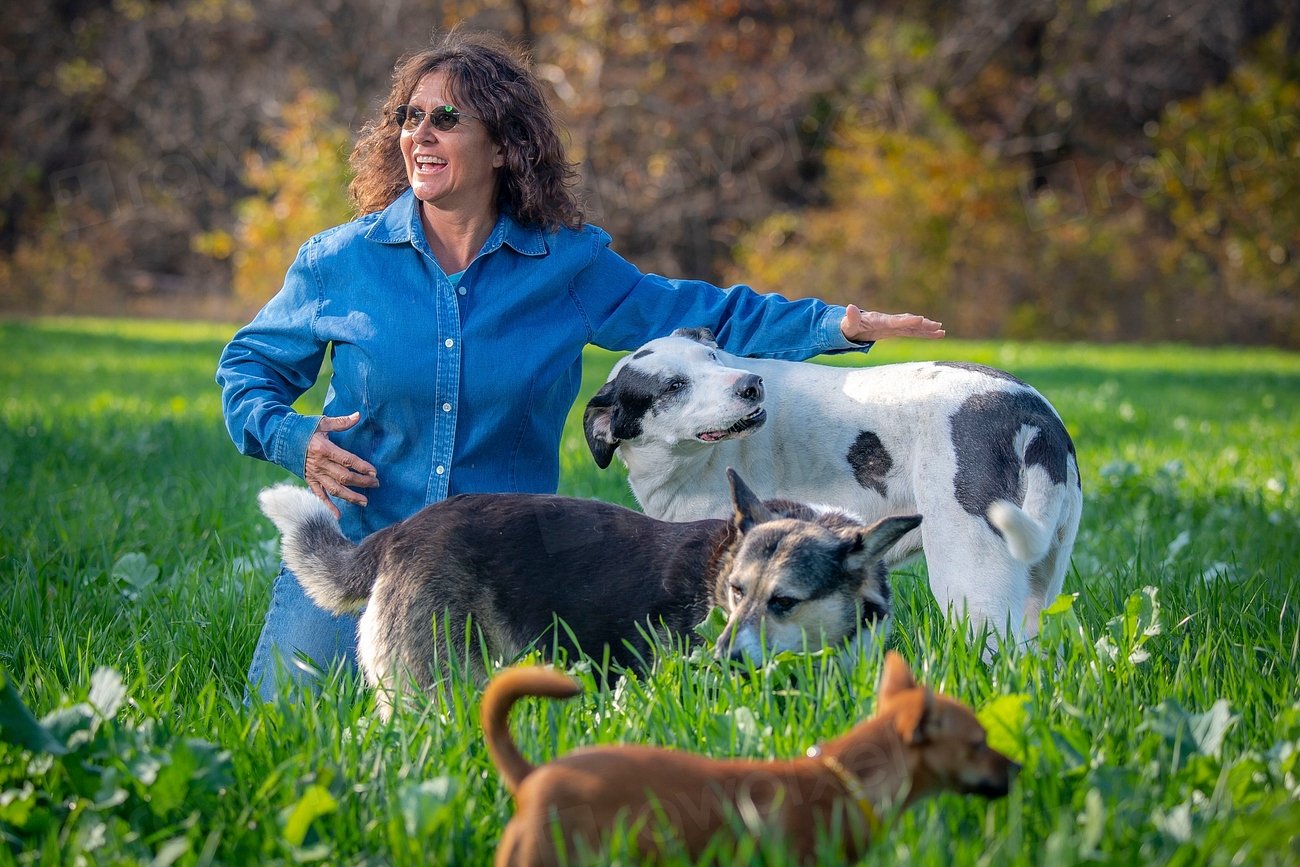
Caring for a dog—especially a young or energetic one—can be physically demanding. Walking, grooming, lifting, and even handling emergencies require a certain level of stamina and strength. Ask yourself honestly: are you comfortable with daily walks in all kinds of weather? Can you kneel down or bend over to clean up messes? If you have mobility issues or chronic health conditions, a smaller or older dog might be a better fit. Remember, your health matters just as much as your new companion’s.
Think About Your Living Situation
Your home plays a huge role in the kind of dog you should consider. Do you live in a house with a yard, or an apartment with limited outdoor space? Large dogs need room to roam, while smaller breeds may feel right at home in cozier spaces. Also, check if your housing community has pet restrictions or breed limits. If you’re renting or planning to move, it’s wise to factor in pet policies and possible extra fees. It’s always better to know before you commit.
Evaluate Your Finances
Dogs can be expensive, even in retirement. Beyond the adoption fee, there are ongoing costs like food, vet visits, grooming, medications, and unexpected emergencies. Some breeds are prone to health issues that could mean higher vet bills. Don’t forget about supplies—beds, leashes, toys, and more all add up. Take an honest look at your budget and ask yourself if you’re ready for these expenses, especially when living on a fixed income.
Consider Your Travel Plans
Many retirees dream of exploring the world, but having a dog can complicate spontaneous getaways. Dogs need care every single day, so you’ll need reliable pet sitters, boarding facilities, or a plan to bring your dog along. If you love to travel for weeks or months at a time, make sure your travel dreams and dog ownership can work together. Sometimes, the right dog can become your favorite travel companion, but it does require extra planning.
Choose the Right Breed or Mix
Not every dog is a fit for retirement life. Some breeds are high-energy and need lots of activity, while others are couch potatoes content with gentle strolls. Research breeds that match your lifestyle: smaller, calmer dogs like Cavalier King Charles Spaniels or older mixed breeds are often a great match. Shelters and rescues can help guide you to a dog whose temperament and needs align with your own. Remember, personality matters more than looks!
Decide on Puppy, Adult, or Senior Dog
Puppies are adorable, but they require tons of time, training, and patience—a big commitment for anyone, let alone in retirement. Adult dogs often come house-trained and settled, making them easier to integrate into your home. Senior dogs can be a perfect match for retirees, as they tend to be calmer and require less exercise. Adopting an older dog can be especially rewarding, offering them a loving home in their golden years.
Prepare for Long-Term Commitment

Adopting a dog is a promise that lasts for years. Depending on the dog’s age, you could be looking at a decade or more of care. Think about where you’ll be in five or ten years—will your health and living situation support a dog’s needs? It’s a sobering thought, but planning ahead ensures your dog will never be left without care. Some people even include provisions for their pets in their wills, just in case.
Understand the Emotional Impact
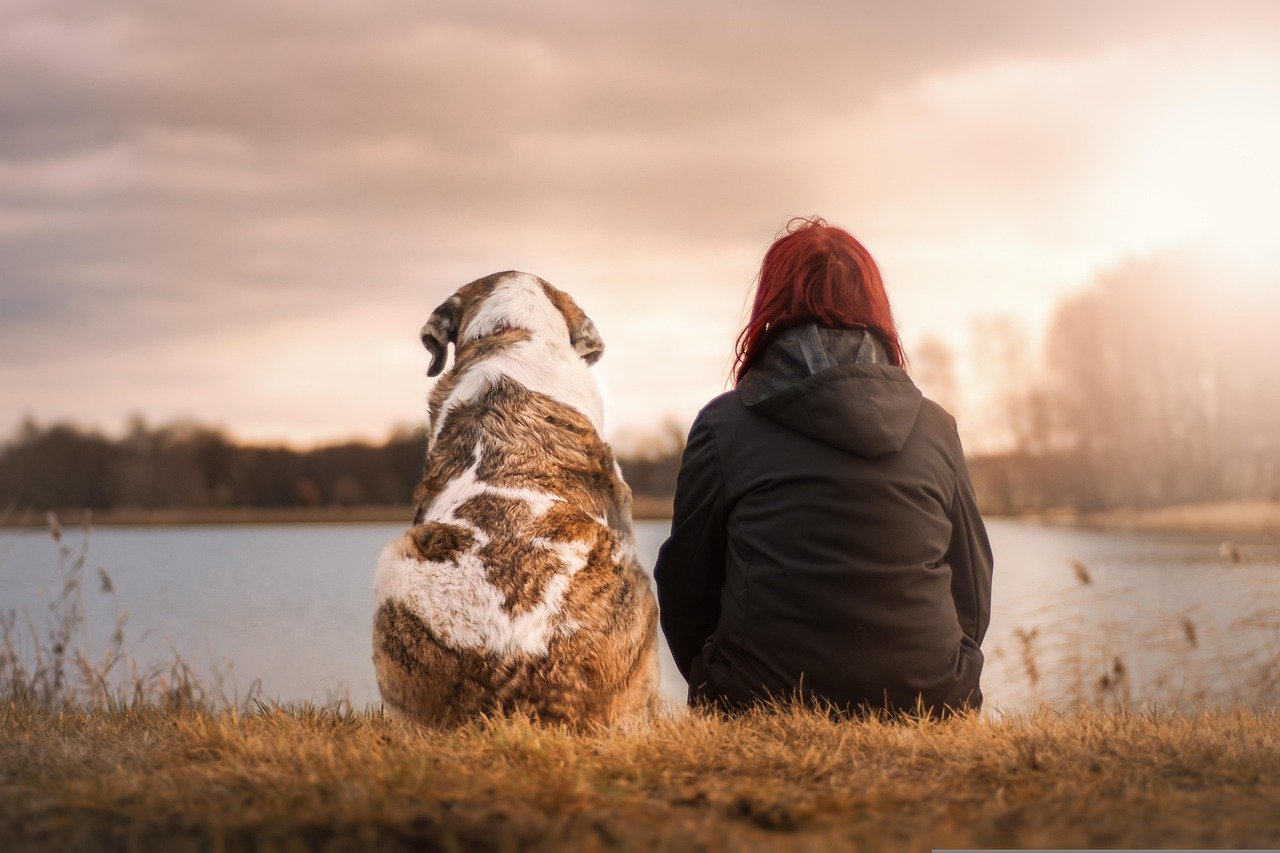
Dogs bring companionship, joy, and laughter, but they can also tug at your heartstrings in unexpected ways. The bond you’ll form can be incredibly deep, offering comfort during lonely times. However, dogs can also cause stress or sadness if they become ill or misbehave. Being emotionally prepared for both the ups and downs of pet ownership is vital. The love you receive is worth it, but it’s important to be honest about your emotional readiness.
Factor in Daily Exercise Needs
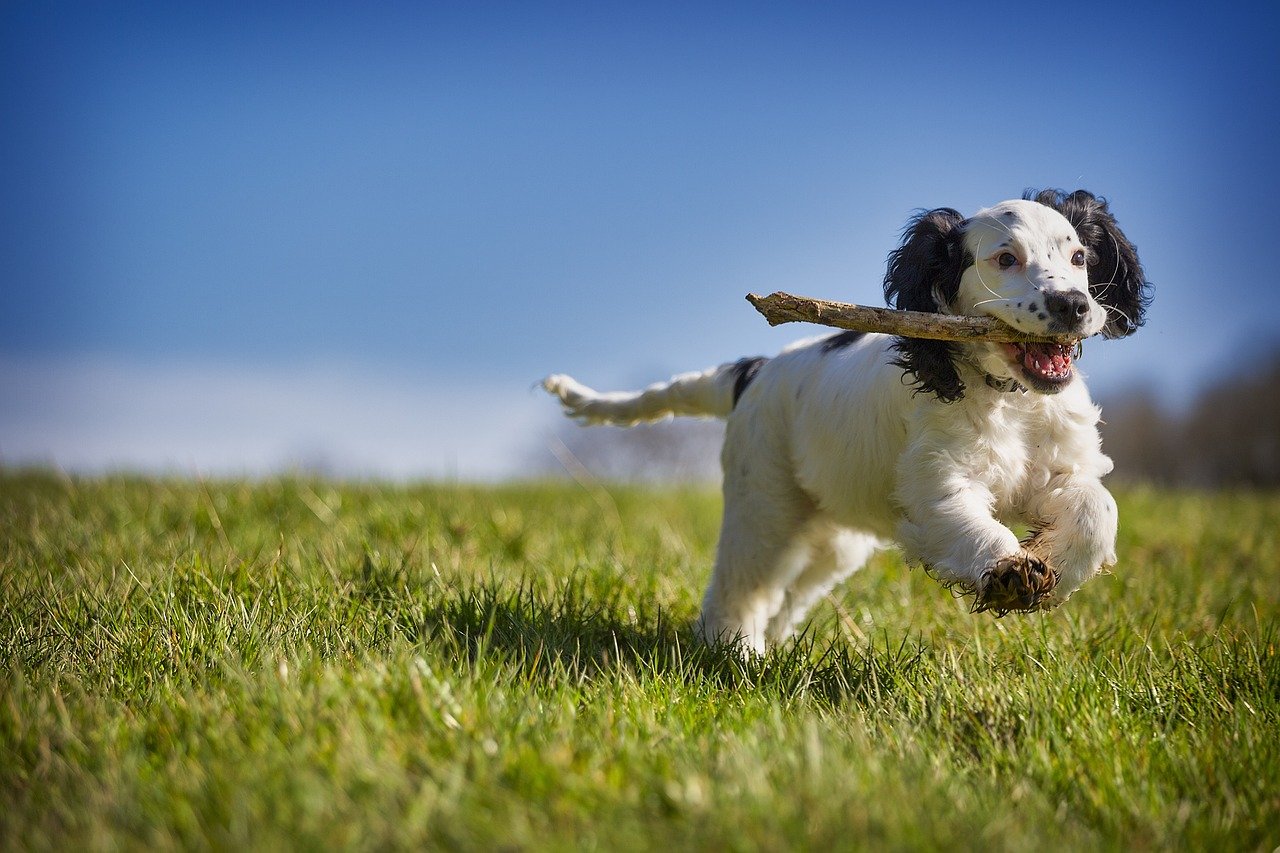
Even the laziest dogs need some daily exercise. Walks, playtime, and mental stimulation are essential for a dog’s health and happiness. If you’re active and enjoy the outdoors, a dog can be the perfect walking buddy. But if you have mobility limitations, consider breeds that need less activity. Some retirees find that their dogs motivate them to stay fit and engaged—an unexpected health benefit!
Plan for Veterinary Care

Regular vet visits are part of responsible dog ownership. Annual checkups, vaccinations, dental cleanings, and emergency visits can add up quickly. As dogs age, they may need more frequent medical attention. Having a good relationship with a local vet—and understanding the costs involved—can give you peace of mind. Some retirees opt for pet insurance to help manage unexpected bills.
Prepare Your Home for a Dog
Bringing a dog home means making some changes to your space. You’ll need a safe spot for food and water bowls, a comfy bed, and places to keep toys and supplies. Consider dog-proofing: secure electrical cords, remove toxic plants, and store cleaning products out of reach. If you have stairs or slippery floors, think about how they’ll affect your new friend. A few small adjustments now can prevent accidents and headaches later.
Think About Grooming and Maintenance
Grooming needs vary widely between breeds. Some dogs shed constantly, while others require regular haircuts. Are you prepared to brush your dog, trim their nails, and clean their ears? If not, professional grooming can become a regular expense. For retirees with arthritis or dexterity issues, low-maintenance breeds can make life much easier. Staying on top of grooming keeps your dog healthy and your home comfortable.
Socialization and Training
Dogs of all ages need socialization and training to become good companions. Even older dogs benefit from consistent routines and clear boundaries. Training classes can be a fun activity for retirees, offering a chance to meet other dog lovers and learn new skills together. Remember, positive reinforcement works best. With patience and love, you’ll soon have a well-behaved friend who fits right into your life.
Address Allergies and Health Concerns
Before bringing a dog home, make sure you and anyone else in your household don’t have allergies. Some breeds are more hypoallergenic, but no dog is truly allergy-proof. If you have respiratory issues or sensitive skin, spend time with different dogs before deciding. The last thing you want is to bring home a new friend only to discover health problems that make it hard to live together.
Build a Support Network
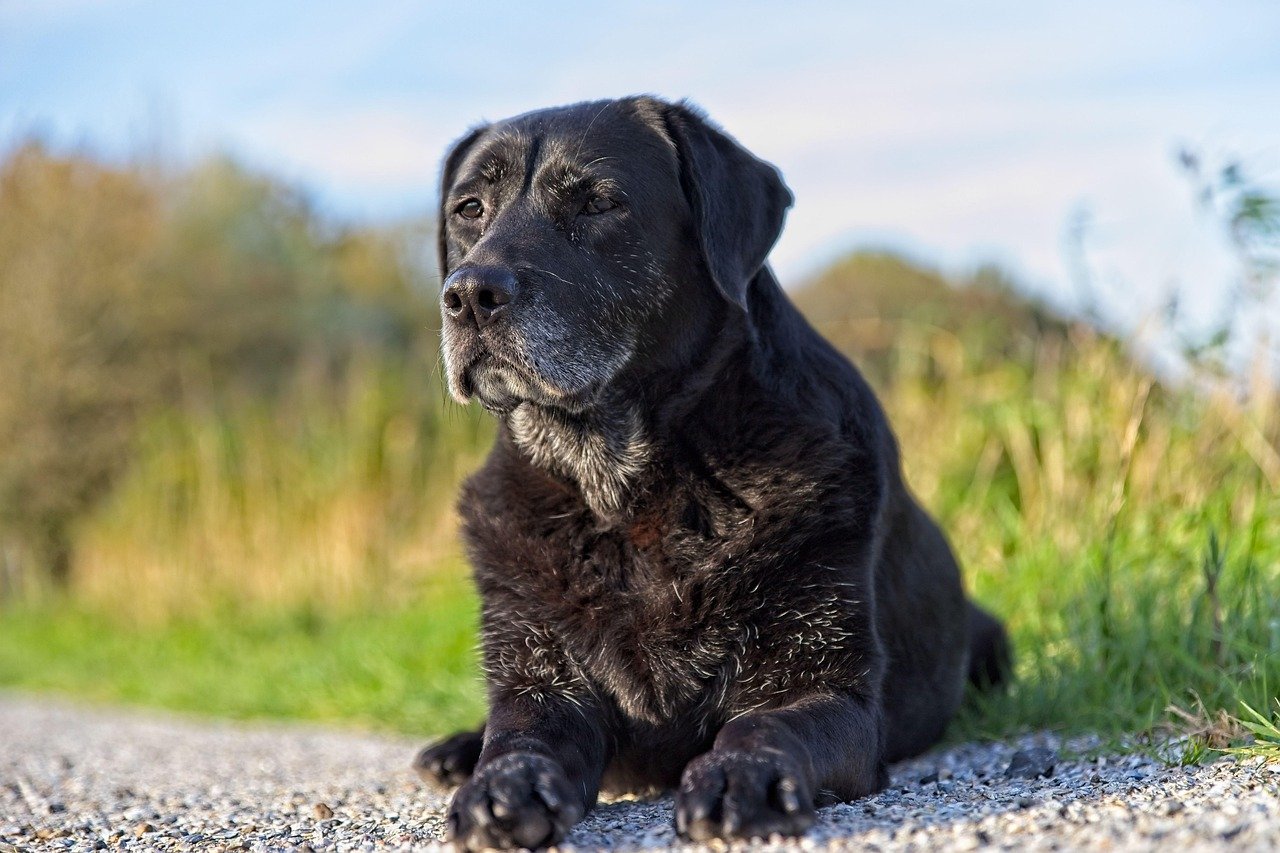
Having a dog means you’ll occasionally need help—from walking and feeding to vet visits or emergencies. Do you have family, friends, or neighbors who can lend a hand if you’re ill or away? Some retirees form pet-sitting swaps with other dog owners in their community. It’s comforting to know you’re not alone and that help is just a phone call away.
Consider Your Energy Levels
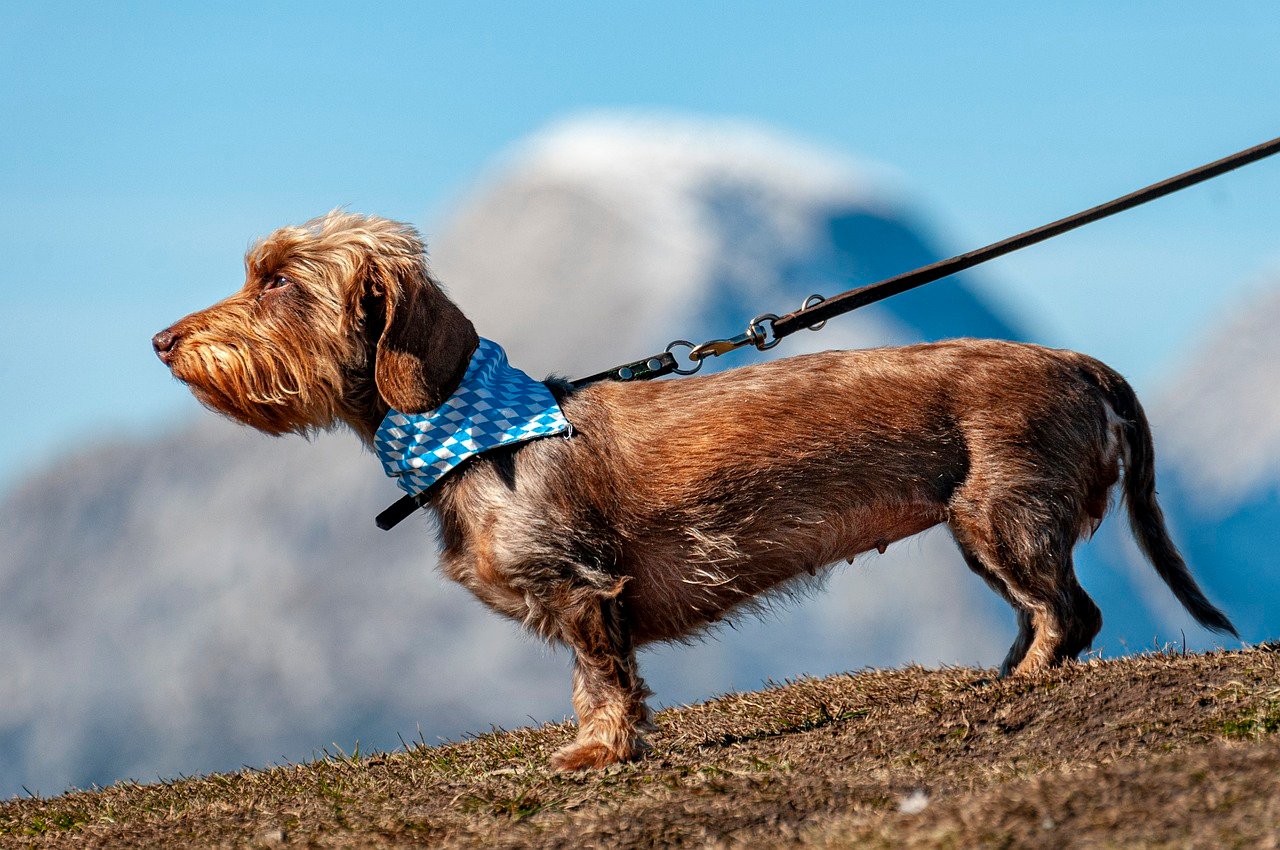
Every dog has a different energy level, and so do we. Be realistic about how much activity you enjoy and can handle. If you cherish quiet afternoons and gentle strolls, a mellow dog will be much more enjoyable than an energetic pup who needs constant activity. Matching your energy with your dog’s can lead to a happier life for both of you.
Understand the Grief and Loss
This is a hard subject, but it’s important. Dogs have much shorter lifespans than humans, and saying goodbye can be heartbreaking. The pain of losing a beloved pet is real and sometimes overwhelming. However, many retirees find the years of love and companionship far outweigh the sadness at the end. Being prepared emotionally can help you cherish every moment together.
Explore Pet-Friendly Activities
Owning a dog opens up new possibilities for fun and connection. Dog parks, group walks, and pet-friendly cafes become part of your social life. Some retirees even volunteer with their dogs or join therapy dog programs. The right dog can help you build new friendships and experiences you might never have had otherwise. It’s amazing how a wagging tail can open doors.
Reflect on Your Motivation
Why do you want to adopt a dog? Is it for companionship, exercise, or to fill an empty nest? Be honest with yourself about your reasons. Dogs are sensitive and thrive on genuine affection and commitment. If your heart is truly in it, the rewards are immense. If you’re unsure, take time to volunteer at a shelter or foster first—sometimes, it’s the best way to discover what’s right for you.
No matter how much you plan, life with a dog is full of surprises—some hilarious, some messy, and some deeply touching. From chewed slippers to unexpected bursts of affection, dogs keep life interesting. Embrace the unpredictability and be open to learning along the way. The journey you share will be one of the most memorable adventures of your retirement.
Binance注册奖金
Sunday 8th of February 2026
Your article helped me a lot, is there any more related content? Thanks!
бнанс зареструватися
Monday 2nd of February 2026
Can you be more specific about the content of your article? After reading it, I still have some doubts. Hope you can help me.
Binance创建账户
Saturday 10th of January 2026
Your point of view caught my eye and was very interesting. Thanks. I have a question for you.
binance
Tuesday 23rd of December 2025
Your article helped me a lot, is there any more related content? Thanks!
anm"ala dig till binance
Sunday 30th of November 2025
I don't think the title of your article matches the content lol. Just kidding, mainly because I had some doubts after reading the article. https://accounts.binance.com/kz/register-person?ref=K8NFKJBQ